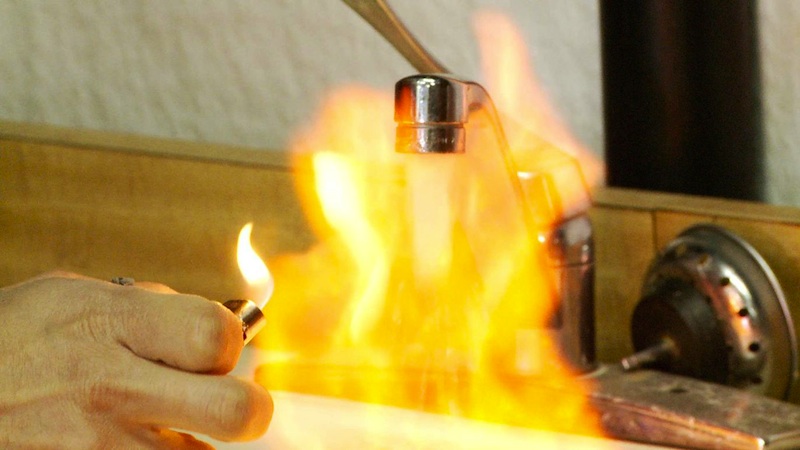Submitted by Mary Bottari on
Fracking fights across the country are heating up this week. Governor Andrew Cuomo's Department of Environmental Conservation (DEC) has issued proposed regulations for fracking in New York, even though their promised environmental review and their limited public health review has not been completed. The public has only 30 days from December 12, 2012 (to January 11, 2013) to submit comments.
 Why the Scrooge-like rush in the holiday season?
Why the Scrooge-like rush in the holiday season?
Because the regulations fall far short of the complete ban on fracking that many New Yorkers are seeking. Resistance to the controversial practice of hydraulic fracturing, or fracking, in the state has steadily grown over the years, just as pressure from the gas industry to open vast tracts of land to the drilling has also increased. Tens of thousands of public comments were filed on the draft regulations, most critical of the proposal, but the newly issued regulations would allow fracking in much of the state beginning in March 2013, according to New York ecologist and author Sandra Steingraber. Steingraber is encouraging New Yorkers to submit 30 days worth of comments.
Now anti-fracking activists are stepping up the pressure, planning a rally in Albany to coincide with Cuomo's "State of the State" address January 9, 2013. Buses and car pools are being organized from around the state.
New Yorkers Against Fracking have already identified the following problems with the regulations:
- There is no ban on dangerous chemicals and their identity can be kept secret from the public (Section 560.3)
- Weak and arbitrary setbacks (Section 560.4)
- Drinking water is not protected (Section 560.4)
- Dangerous radiation not adequately addressed (Section 560.7)
- Does not provide a clear plan for wastewater disposal (Section 560.7)
You can examine the proposed fracking regulations and submit formal public comments here. You can also submit a short set of comments through the websites of anti-fracking groups, New Yorkers Against Fracking and Food and Water Watch.
California Also Issues Flawed Fracking Regulations
The administration of California Governor Jerry Brown also released proposed fracking rules yesterday for public comment. According to the Los Angeles Times, the rules would require energy companies to disclose the location of the wells and, for the first time, the chemicals they inject deep into the ground to break apart rock and release oil that can pose a threat to groundwater resources. Only nine states require this type of disclosure, but environmentalists immediately criticized the rules as inadequate.
"The Department of Conservation's draft fracking rules do almost nothing to protect our air, water and climate," said Kassie Siegel, director of the Center for Biological Diversity's Climate Law Institute. "California faces huge environmental risks unless state officials halt this dangerous fracking boom."
A recent analysis by Bloomberg News found that fracking firms nationwide withheld from their disclosure reports one out of every five chemicals used in fracking.
If you would like to comment on these regulations you can find the proposed rules here and email formal comments to comments@conservation.ca.gov.
Industry Sues to Force Fracking on the Residents of a Colorado Town
Despite over half a million dollars spent by the fossil fuel industry in Longmont, Colorado, residents voted November 6, 2012 to make the city the first to ban fracking in the state. The city of 87,000, nestled at the foothills of the Rocky Mountains, voted 59 to 41 to ban the controversial method of extracting shale oil and gas, as well as to ban the storage of the toxin-laden wastewater in the city limits.
Now an industry group representing oil and gas companies has sued Longmont to overturn the ban and force fracking on the community's residents. According to the New York Times, the lawsuit filed this week by the Colorado Oil and Gas Association seeks to overturn the ban.
Sam Schabacker, one of the ban's leading advocates, called the lawsuit an attempt to "undermine a democratic vote in order to put a dangerous industrial activity next to homes, schools and public parks."
Anti-fracking activists across the nation will have their work cut out for them as they confront a well-resourced industry with no respect for the results of a free and fair election or the will of the community.

